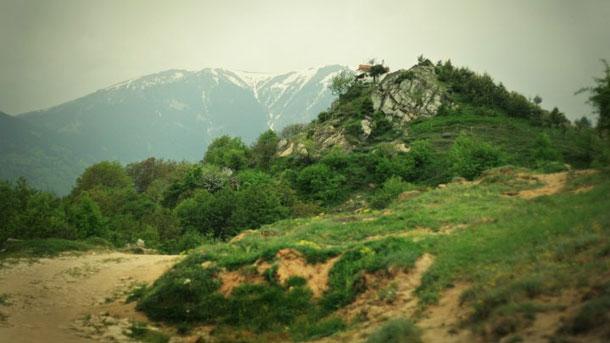



The Bulgarian village of Turia at the southern foothill of the Balkan Range is welcoming over a thousand participants in the Masquerade Games "Old Men in Turia". This year's edition of the festival on 30 March will feature 28 mummers' groups from all..
"In a vast region in northern Bulgaria, St. Todor is somehow perceived as a demonic character... He visited gatherings of unmarried girls, which were prohibited during that period; he acquired the appearance of a young bachelor, but distinguishable by..
Thousands of cowbells of different sizes and shapes filled the streets of Yambol with chiming, jingling and ringing at the 25th International Masquerade Festival "Kukerlandia". Згдшд More than two thousand mummers - called kukeri, sourvakari,..

+359 2 9336 661
